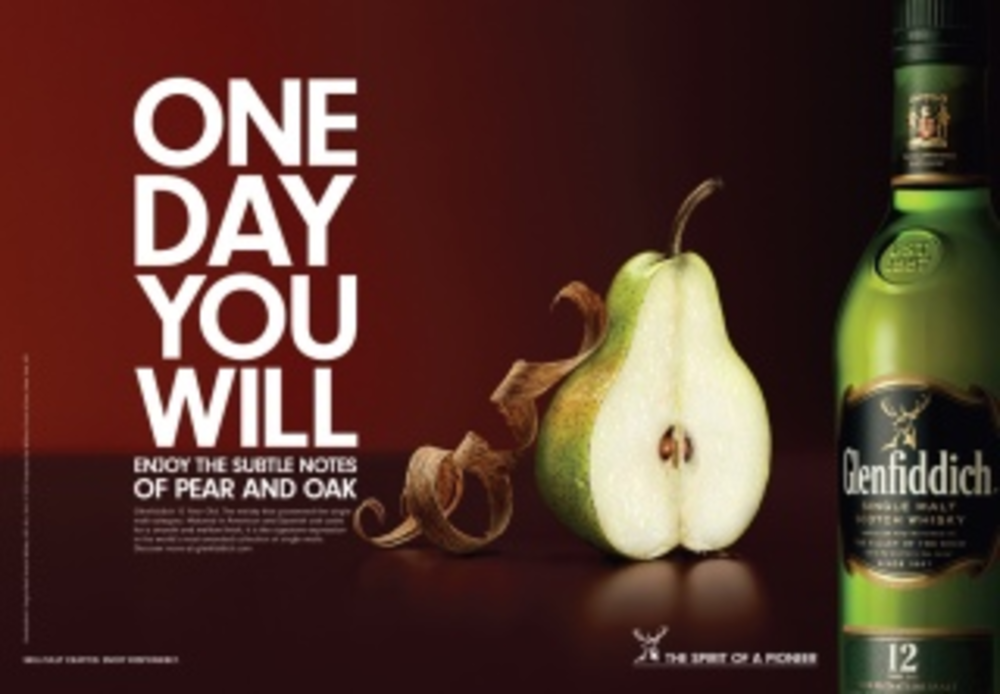Brands that retarget consumers after a sweepstakes campaign must work hard to remember a guiding principle of CRM: don’t annoy the consumer. ?
Glenfiddich, a single malt Scotch whiskey brand, launched a consumer engagement road tour in April that included a sweepstakes to win a trip to Grand Teton National Park in Wyoming. Entrants submitted their name, mailing address, email address and phone number and were asked to opt-in to receive future communications from Glenfiddich. ?
David Bitran, the brand’s senior marketing manager, explains that follow-up communications must avoid annoying the customer or invading his or her privacy.?
“The quality and frequency of post-sweepstakes communications has to be appropriate and not invasive,” he says. “A number of consumers who enter a sweepstakes also opt-in for further communication, and they become part of a more integrated CRM program to receive newsletters, invitations to future events and more.” ?
Some industry experts say it is all too easy when employing digital and mobile marketing to drive a consumer away from a brand while remarketing to them. ?
Publishers Clearing House (PCH) routinely offers sweepstakes through the US Postal Service and several online channels. It uses email campaigns with opt-in and opt-out channels to retarget consumers who show interest. ?
PCH knows the gender, age and product that each customer purchased. It uses that data to guide the brand when it sends a sweepstakes offer for a sports car to a younger demographic or a Lincoln Continental to an older group of consumers. “We work very hard to make the offer relevant to people,” says Deborah Holland, EVP of creative strategy, communications and consumer affairs at Publishers Clearing House. The company generates click-through rates of 30% to 40% on these messages, she says.?
For brands, segmenting its customer database and finding “the connection point” that first gave it access to the consumer is important, because it affects the type of messages the brand will send them, says Christopher Stemborowski, associate communications strategist at Oxford Communications, a Lambertville, N.J.-based marketing agency. ?
Television network AMC partnered with the firm to run a Facebook sweepstakes in Q4 2010 for fast-food chain Villa Fresh Italian Kitchen promoting the show The Walking Dead. It resulted in more than 12,000 visitors to Villa Fresh’s Facebook page, more than double its prior traffic, and 3,319 sweepstakes entrants. ?
George Burke, founder and CEO of newly launched e-book lending site eBookFling.com, says he used social media to notify consumers about a recent sweepstakes and then track entries. Most consumers, who signed up for the chance to win an iPad 2, became members, he says. ?
“Because of the contest, we received 3,500 tweets and Facebook posts during April and received about 1,000 new members,” notes Burke. He adds that the social media element of a sweepstakes campaign is important because it allows the brand to easily reach out again to its consumer base. However, marketers can get into legal trouble if they’re not careful managing their sweepstakes initiatives. ?
“The FTC has said that if a consumer has received an incentive to blog about your product, including a contest entry, that fact needs to be disclosed to the audience,” says Scott Dailard, attorney at Dow Lohnes in Washington, D.C., who adds that brands should note the recent changes to the Federal Trade Commission guidelines on testimonials and endorsements.








